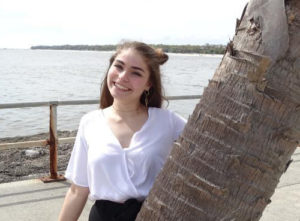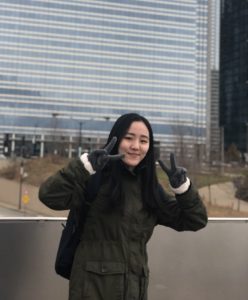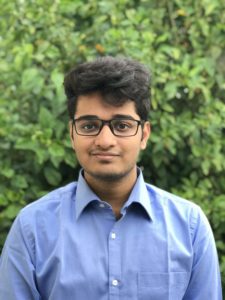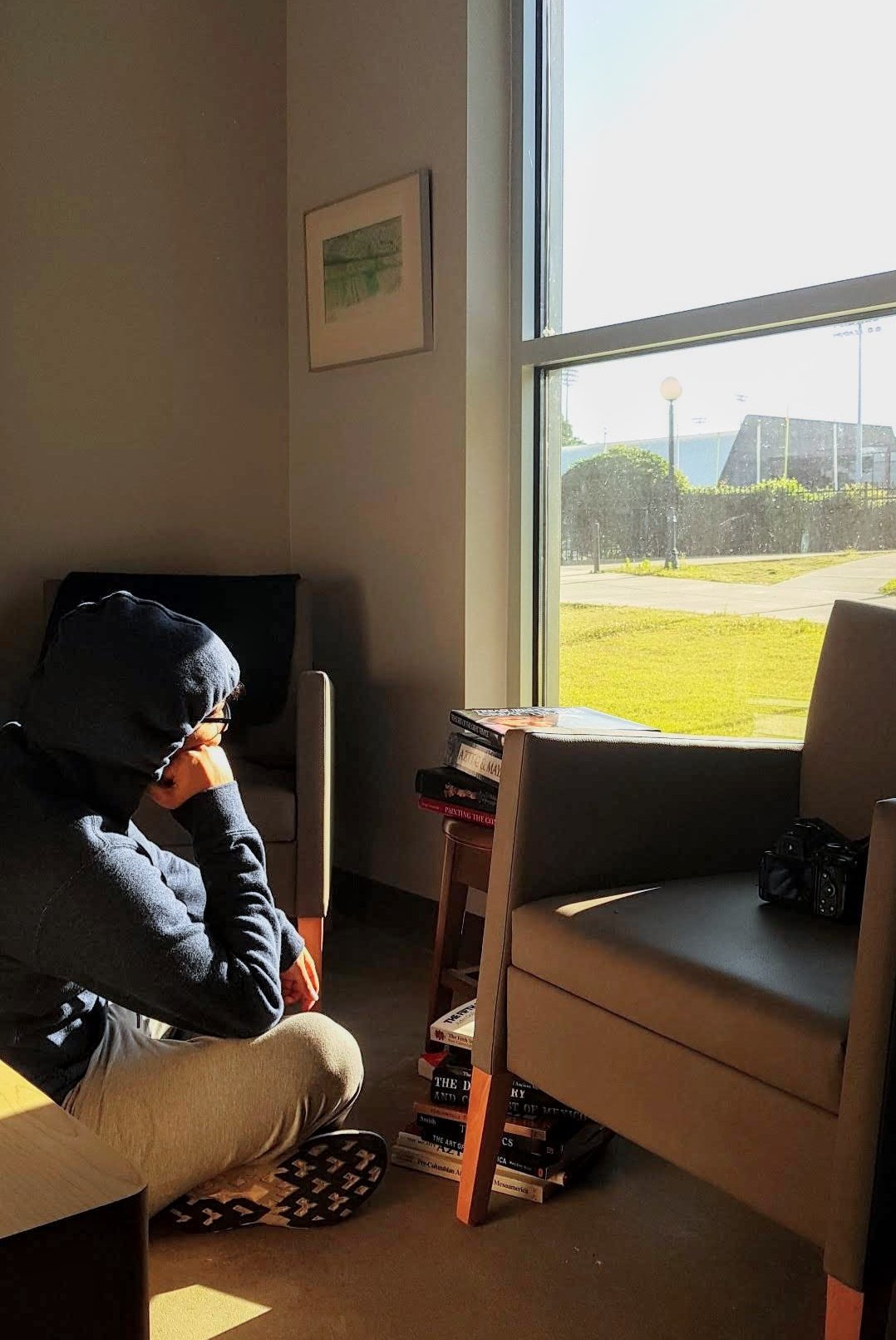The arrival of a new semester brings with it new students from around the globe. While this semester undoubtedly presents challenging decisions for many, the P&W spoke with international students and their thoughts and experiences.
Even without a global pandemic, adjustment to a new country and culture can prove daunting for many. Yuki Nogawa, a Political Science and Creative Writing major from Japan, expressed initial anxieties of coming to America due to the political divide and negative perception of the American South.
“As privileged as this sounds, it would be my first time coming to a place where I would not be a member of the racial majority, and I was also worried about culture clashes. In this respect, I was expecting Millsaps to be a great place to become acclimated to American culture since it was so small and tight-knit,” Yuki stated.
Vishal Balaji, a rising sophomore from India who was introduced to Millsaps by his brother, said “I did not know what to expect from Mississippi, because Mississippi is not known back home.”
Anna Saischek, a recent Millsaps graduate from Innsbruck, Austria, had similar expectations: “I think I was already kind of introduced to general American culture due to my exchange year during high school, or at least so I thought. I am going to be honest that I did not really know what to expect from Mississippi in particular. It is of course not one of the ‘popular’ tourist states and in fact most of the things known about Mississippi to people abroad are not quite the most flattering. That same fact is, however, also what kind of intrigued me because how much of it would be reflected in the culture or the people?”

Despite the unknowns, it seems the smaller community of Millsaps proved appealing for most students, both for the closer relationships between students and professors and the belief that a smaller community would allow an easier adjustment to life in another country.
“The smaller class size – that’s not something you normally get in India. Your normal class size in India is closer to a hundred,” Balaji said, also explaining that the educational system in India focuses more on specific pathways, such as engineering, as opposed to the freer structure of a Liberal Arts college.
“I wanted to venture out a bit, not just learn about math and econ,” he continued. “I can take anything I want [at Millsaps], basically.”
Despite the more flexible structure of American academics, life outside of class provided both major and minor differences.
“I didn’t expect the Southern dialect to be that hard for me to understand. It took me awhile to get used to it. The food on the other hand, isn’t as bland as I expected it to be. Back home, spice is a really big thing, especially in our home, we make the spiciest food ever,” Balaji said. He also spoke about how he had rarely been required to write any papers before attending Millsaps.
For Saischek, differences presented themselves in other ways. “One thing that definitely surprised me was that there are basically no sidewalks, which I found out when I decided to walk to Cups in Fondren once and I had to make sure no one ran me over at certain points, and, on a more serious note, how surreal the American college experience is,” Saischek told the P&W.
While small and surprising differences presented themselves, the reality of life on a small college campus led a “bubble” of life different from the city surrounding it. While this allowed for an easier transition, it also led to an experience unique to the ‘American college experience,’ as opposed to a purely ‘American experience.’
Saischek, who also served as president for the International Student Organization on campus for two years, elaborated on this particular aspect, “When one lives on the same campus where one goes to eat, where one goes to study, where one goes to work out, where one goes to watch a game, where one goes to party and so on, then I think it is almost too easy to forget that there is a world beyond campus. I think what shocks me is that even though I spent three years in Jackson, Mississippi, I was sheltered from what it means to actually be from Jackson and to live in a community with bigger problems, be it economically, racially or socially.”
The complexities of central Mississippi, so often negatively portrayed in media both domestically and abroad, managed to both affirm and refute the expectations of students.
“I think there’s a lot of anti-South sentiment out there, and although there are lots of people out there who have values that are the complete opposite of mine, there’s a strong spirit of resistance and change alongside that. I remember going to the Civil Rights Museum and realizing that so many of the protests and initiatives that I’d heard of all came from this state, and I was impressed by the richness of its history and people,” stated Nogawa.

Despite the progressiveness emerging from around the state, Nogawa acknowledged the changes yet to occur both on campus and in the surrounding areas.
Saischek similarly commented on her hopes of improving the ‘bubble’ experience on Millsaps, stating, “My hope, however, is that all students at Millsaps can use their time there to reflect upon what privileges they have instead of normalizing them and turning a blind eye to the ways in which Millsaps still can improve, as an institution and a student body.”
While a global push for social change has grown alongside the pandemic, the upcoming year may prove to be the most challenging experience yet for all Millsaps students.
While the ICE policy requiring International students to return home if attending institutions with online-only instruction has been rescinded, concerns still linger amid rising COVID cases and the intentions of Millsaps to return to on-campus instruction. Nogawa, who would be a rising senior, is taking a temporary leave of absence due to both coronavirus concerns as well as worry over the anti-Asian sentiments that began to rise in March and April 2020.
Balaji stated that while he would like to return home, the lottery system in place for plane tickets back to India paired with the expenses of a required quarantine in a hotel upon his arrival would prove too risky and expensive.
Balaji, Nogawa and Saischek all expressed worry about the return to on-campus class instruction in the fall.

“I know Millsaps is trying to do its best,” Balaji stated, “but there’s still the fact that a lot of people are not going to follow [guidelines].”
While ICE has also rescinded a policy that would require international students to return home if their institution adopted online-only instruction – a feat that would prove difficult if not impossible for many international students – the fact remains that the pandemic still has the potential to displace and complicate the lives of many.
With case numbers rising in America and declining in many other countries, it will be the responsibility of all college campuses to ensure a safe place for new experiences to take place.
